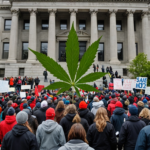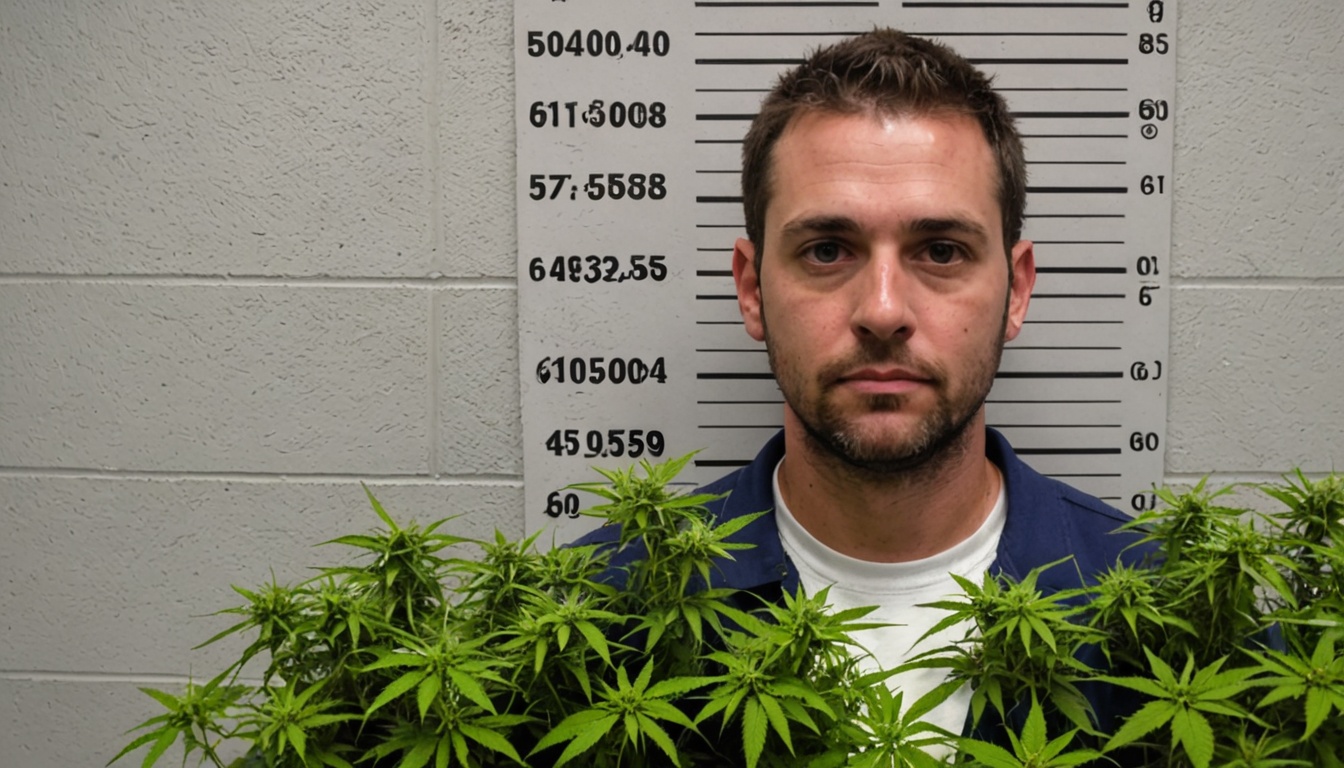Reclassification of Marijuana Could Boost Businesses and Research
The Trump administration is considering reclassifying marijuana as a less dangerous drug, which could have significant implications for the industry. Currently, marijuana is classified as a Schedule I drug, alongside heroin and crack cocaine, making it difficult for businesses to operate and for individuals to access the drug for medical or recreational use.
Paula Savchenko, founder of cannacore group, a cannabis licensing consultant, believes that reclassification would be a game-changer for the industry. She argues that the current classification limits the ability of businesses to operate efficiently, making it difficult for them to turn a profit. According to Savchenko, the current tax code, Section 280E, prohibits businesses involved in the sale of Schedule I and II substances from deducting business expenses, resulting in a 50% tax burden.
Reclassification would not only benefit businesses but also create more opportunities for research and economic growth. Savchenko believes that it would lift the “huge cloud” that has been hanging over the industry for years, allowing for greater innovation and investment.
While the decision to reclassify marijuana would ultimately be up to state governments, Savchenko sees Trump’s consideration as a positive step forward. The administration’s decision could pave the way for greater access to marijuana for medical and recreational use, as well as create new economic opportunities.
Currently, marijuana is illegal under federal law, but 24 states have approved its use for recreational or medical purposes. If reclassification occurs, it could lead to a more streamlined and efficient industry, with greater opportunities for businesses and individuals alike.












